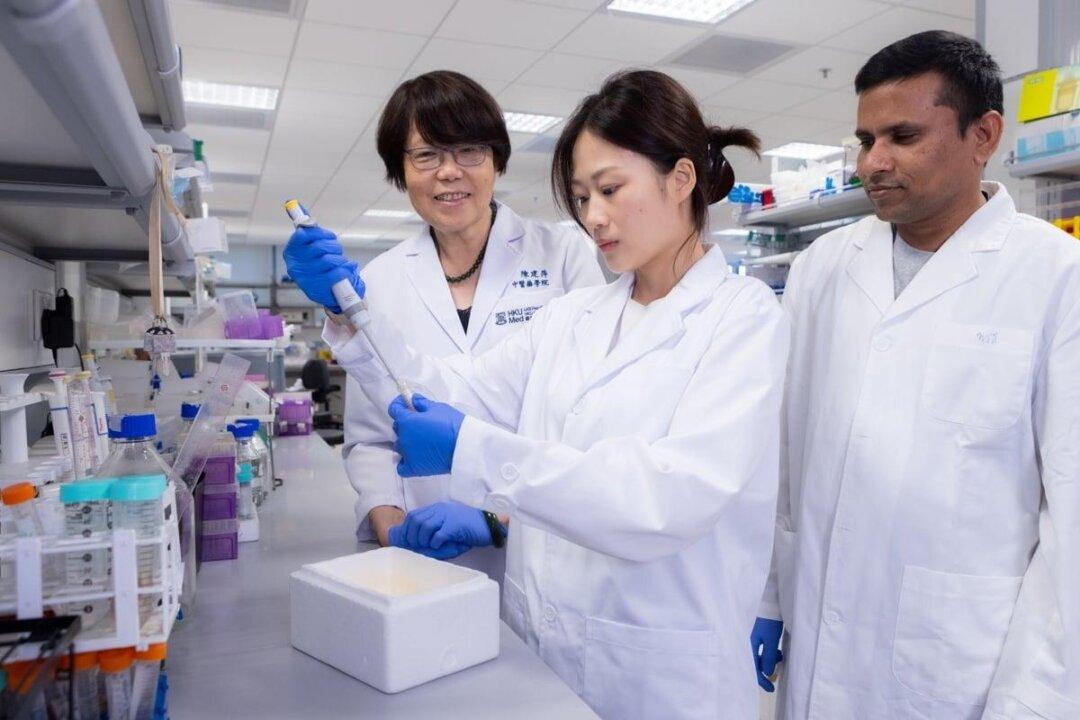A research team from Hong Kong University’s (HKU’s) School of Chinese Medicine found that the livers of patients with nonalcoholic fatty liver disease exhibit excessive production of a hepatokine, which may accelerate the growth of breast cancer tumors. This discovery provides modern-day scientific evidence validating the traditional Chinese medicine (TCM) theory that “breast disease originates from liver dysfunction.”
Breast cancer is the most common cancer among women both in Hong Kong and around the world. It is regarded as a systemic disease and its etiology and pathological mechanisms are potentially related to multiple organs and tissues.




